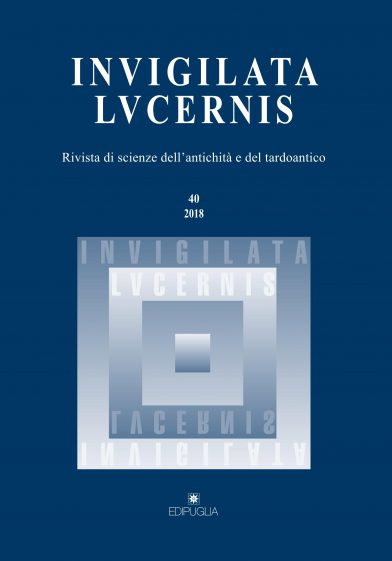Annick Stoehr-Monjou, ‘How to conclude? A poetics of contrast and paradox in Book 9 and especially in Epist. 9,13-16 by Sidonius Apollinaris’, is a paper given at the International conference and workshop ‘The Stumbling Texts (and Stumbling Readers) of Late Latin Poetry (Lector, quas patieris hic salebras!)’, organised by Markus Kersten, Ann-Kathrin Stähle and Christian Guerra, September 2021, Basel.
Stoehr-Monjou argues that the last four letters of book 9 can be read together as the peroration of his epistolary work, a paradoxical peroration since he writes about poetry.
In HAL Archives (first version).



